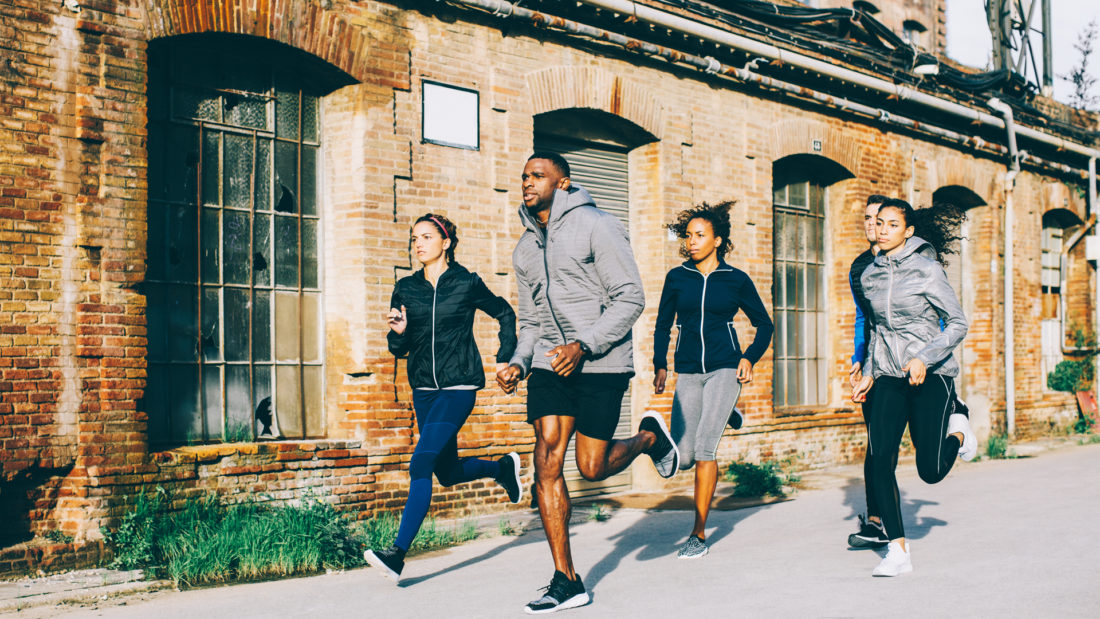
5 Expert Tips on Hydrating for a Marathon
26.2 miles. It’s a number any long-distance runner knows all too-well. For a marathoner, it’s where they hit their stride. Nothing less will do! But, taking all those steps can take a toll on your body.
With more than 98,000 runners expected for this year’s New York City Marathon, we thought it was the perfect time for a few important reminders.
The most important thing to remember? Stay hydrated before, during and even after you cross that finish line. There’s nothing more important than feeling your best, and accomplishing your goals.
Here are 5 expert tips on hydrating for a marathon!
Get started early. In the days leading up to race day, drink about half of your body weight in ounces of water each day, and a little more on your training days, recommended Stephanie Mansour, CEO of Step It Up with Steph. While Mansour recommends avoiding salt prior to the race, many experts say it’s ok to have salt, caffeine, alcohol, all typical “dehydrators” prior to the race, just consume in moderation.
Drink water on race day. Sounds obvious, right? But our body needs just the right amount to keep it all systems running. According to Runner’s World, research has shown that most runners’ stomachs can empty only about 6 to 7 ounces (180 to 210 ml) of fluid every 15 minutes during running, representing about 24 to 28 ounces (720 to 840 ml) per hour. Drinking more than that doesn’t provide any benefits. The average runner can lose about 128-ounces in sweat alone! While research is split on the issue, many experts recommend simply sipping when you feel thirsty, and don’t try to “schedule” your water intake, or force it.
Never go more than a mile or two without hydrating. If you start to cramp up or feel muscle stiffness, it may be time for a drink. “I typically carry shot bloks or energy gels in the pocket of my running tights, and I make sure not to take them without simultaneously having some water,” said Austin Cohen, marathon runner and co-founder of fitness app POPiN. Dr. Adam Nadelson founder of the IV Doctor in Fort Lauderdale, FL, recommends about 6 ounces at each stop. As a bonus, energy gels also contain carbohydrates which help keep you fueled during the race. Aid stations are typically set up every two miles or so.
Replenish electrolytes. Post-marathon, your body will be exhausted and depleted. Be sure to replenish what it’s lost. Sports drinks can be sugary, but can also replace lost electrolytes. Coconut or watermelon water are good alternatives, said Mansour. Pay attention to your pee, said Dr. Nadelson. Odor or dark-colored urine can indicate dehydration. Fatigue, nausea, headache and muscle cramps can also point to dehydration.
Sip, don’t gulp. Believe it or not, how you drink your water on race day can also contribute to its effectiveness. Dr. Nadelson says to be sure to drink your water in small sips as opposed to large gulps to avoid over-hydrating. Too much water can cause gastrointestinal distress or in the worst case scenario, can lead to a dangerous and sometimes deadly condition known as hyponatremia.
